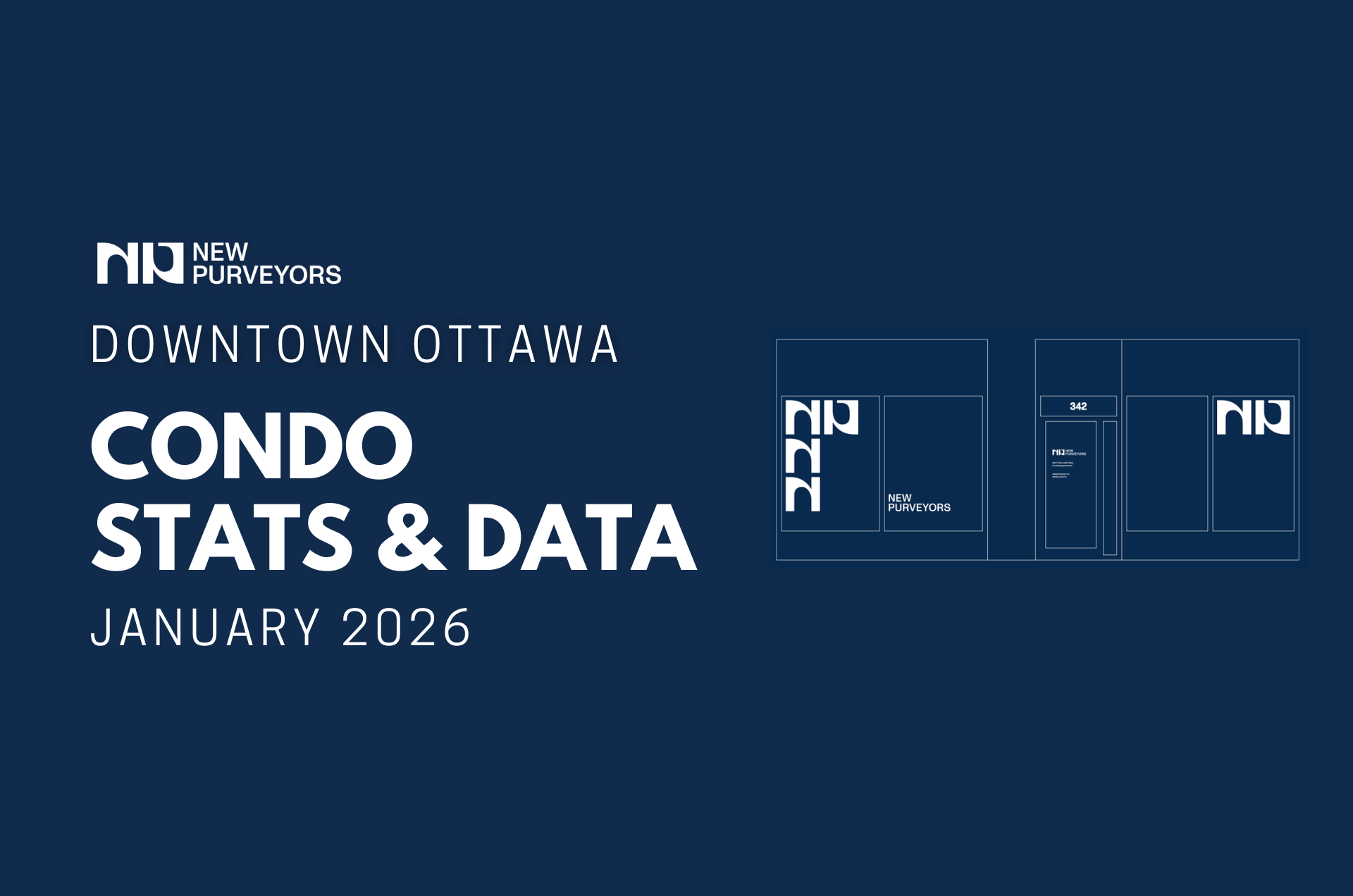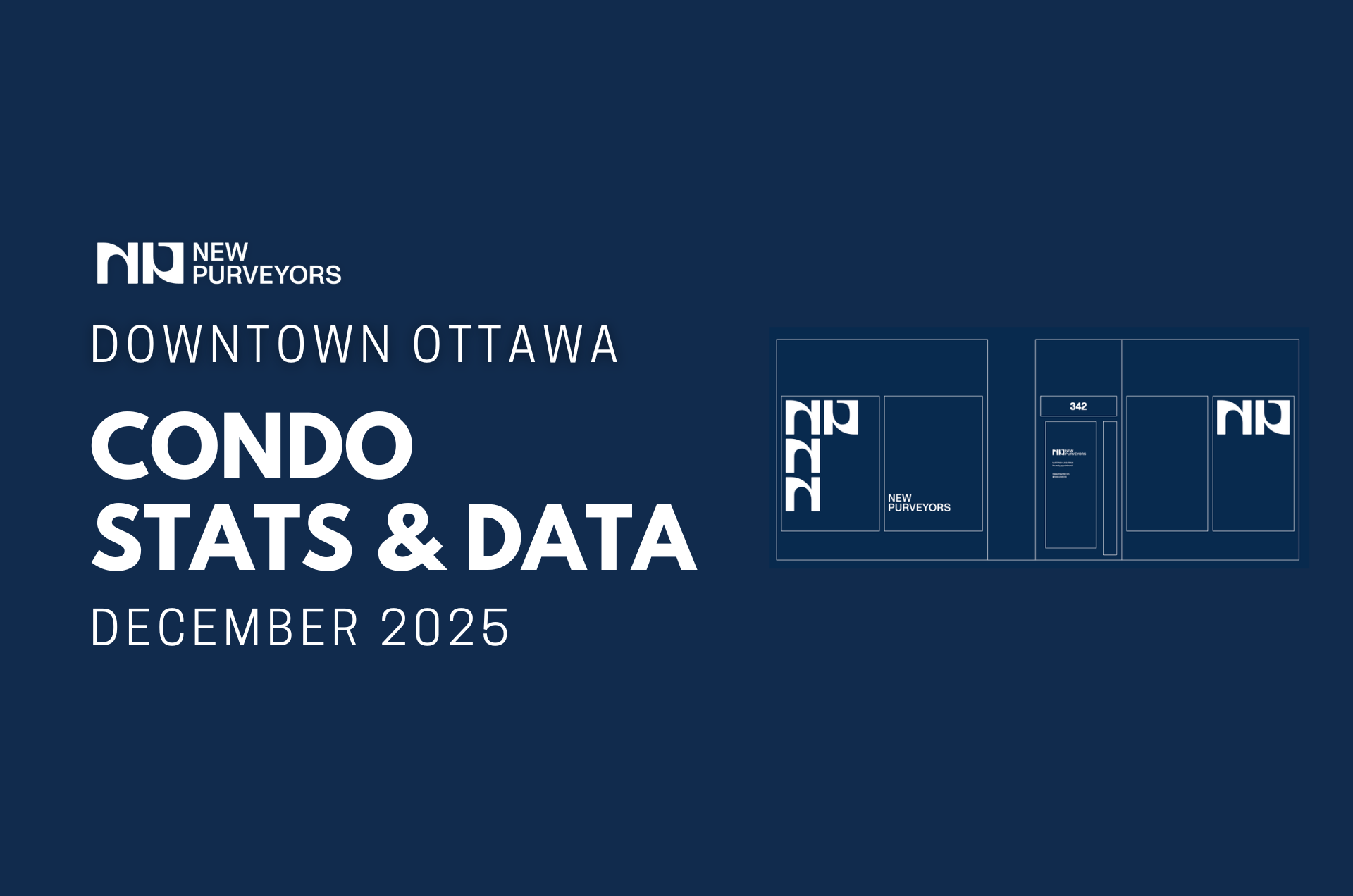
Condos can be a smart way to own property in Ottawa—especially if you want a central location, lower maintenance, and access to amenities you might not get with a freehold home. But before you start touring units, it’s important to understand what condo ownership really costs.
The truth is, your mortgage payment is only part of the picture. Here’s a realistic breakdown of the ongoing costs that come with owning a condo in Ottawa, and how to budget for them.
Mortgage Payments
This is the obvious one, and for many buyers, it’s the starting point for setting a budget. Your mortgage amount depends on the purchase price, down payment, interest rate, and amortization period. But in the condo world, you also need to factor in other monthly and long-term expenses to get the full picture.
Condo Fees
Every condo owner pays monthly fees to maintain the building and its common areas. Depending on the size of your unit, the building’s amenities, and its age, fees can range anywhere from under $300 to over $1,000 per month.
Typical inclusions:
Building insurance
Maintenance of shared spaces like lobbies, gyms, and hallways
Snow removal and landscaping
Garbage and recycling collection
Some buildings include utilities like heat, water, or hydro in the fees, but not all do.
Utilities
If your building doesn’t cover certain utilities in the condo fees, you’ll pay them separately. In some cases, only heat or water is included, leaving hydro and internet as additional monthly costs.
Insurance
The building’s master insurance policy covers the structure and common areas, but you’ll still need a personal condo insurance policy to protect your belongings, liability, and any upgrades you make.
Reserve Fund Contributions
Part of your condo fees goes into the building’s reserve fund. This is a savings account for major repairs and replacements like roofs, elevators, or windows. A healthy reserve fund is a good sign—it means the building is prepared for big-ticket maintenance without putting the burden entirely on owners.
Special Assessments
If a large repair is needed and the reserve fund isn’t enough to cover it, the condo board may issue a special assessment to all owners. These can range from a few hundred to several thousand dollars. While they’re not common in well-managed buildings, they’re something to be aware of when budgeting.
Maintenance and Upgrades Inside Your Unit
Everything within your unit—appliances, flooring, fixtures—is your responsibility. You’ll still need to budget for repairs, replacements, and cosmetic updates just as you would in any home.
Why Working With a Condo Specialist Helps
Not all condos are created equal. Part of my job is to help you look beyond the unit itself and understand the building’s financial health, management style, and long-term upkeep plan. Reviewing the reserve fund study, reading through the status certificate, and knowing what to watch for can help you avoid buildings with hidden costs or poor planning.


































